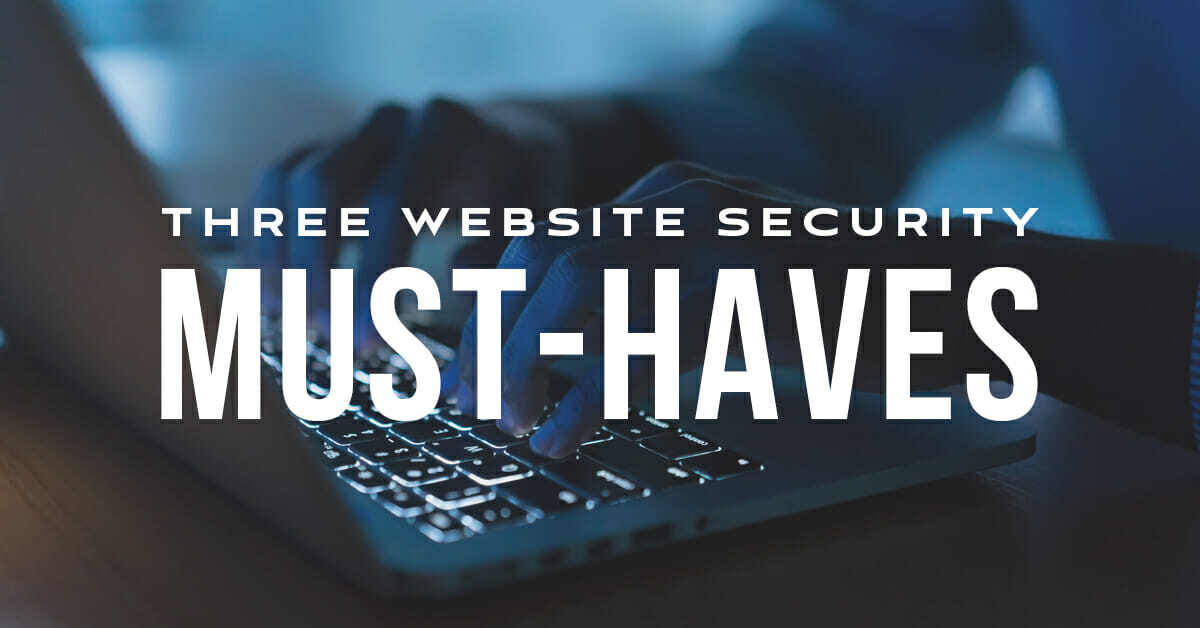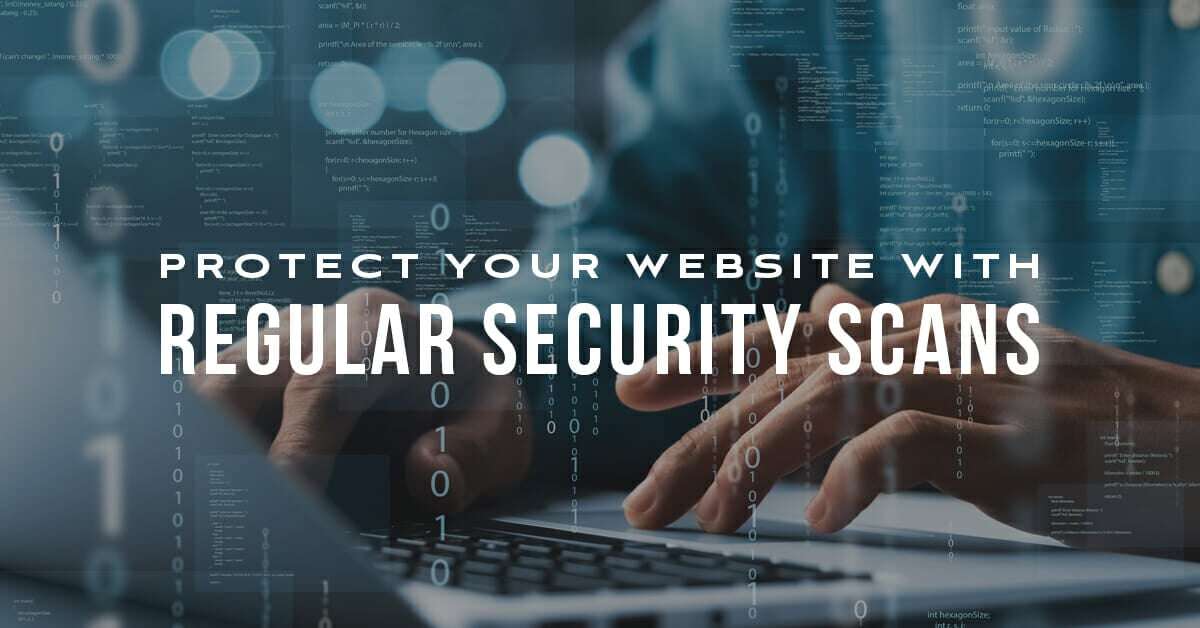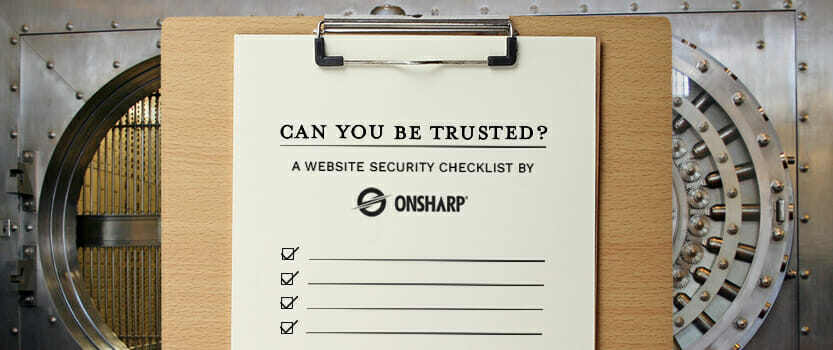2 min read
Protect Your Website With Regular Security Scans
The importance of website security cannot be overlooked in today’s digital landscape. The sad truth is that there are many bad actors that...
Improve customer satisfaction and increase operational efficiency with a client portal.
Take control of your operations with customized software solutions.
Help your in-house dev team get more done, faster with our Midwest-based experts.

Website security is a vital aspect of running a website and should always be a top priority for any website owner. With the increasing number of cyber attacks and data breaches happening every day, it is essential to take the necessary precautions to protect your website and the sensitive information of your customers.
In this blog post, we will be discussing three simple steps that website owners can take to ensure their website is secure and protected from potential security threats.
One of the most important steps website owners can take to ensure their website is secure is to use encryption, specifically SSL certificates. SSL (Secure Sockets Layer) certificates encrypt the traffic between the website and the user, making it much more difficult for hackers to intercept and steal sensitive information. SSL certificates not only protect the data of your customers but also help to establish trust with your website visitors. Unfortunately, many websites still don’t encrypt their traffic, and this puts them at a much higher risk of being hacked. SSL certificates are relatively inexpensive and easy to set up and update, making them a great first step in securing your website.
Once you have SSL in place, the next step is to use strong passwords and two-factor authentication. Strong passwords should be at least 12 characters long and include a combination of uppercase and lowercase letters, numbers, and symbols. A password management system can be helpful in generating and keeping track of strong passwords. Two-factor authentication adds an extra layer of security by requiring a second form of verification, such as a code sent to your phone or email. This makes it much more difficult for hackers to gain access to your website, and it can also help prevent unauthorized access to your website’s back-end systems.
Finally, it’s important to keep your website and software up-to-date. This includes updating your website’s content management system (CMS), such as WordPress, as well as any plugins or themes that you use. Hackers often take advantage of vulnerabilities in outdated software to gain access to a website, which is why it’s essential to keep everything up-to-date to stay secure. Outdated software can cause compatibility issues with other parts of your website, leading to errors and poor performance. Keeping your website and software up-to-date will not only improve your website’s security but also ensure that your website runs smoothly and efficiently.
In conclusion, website security is a very important aspect of running a website and should always be a top priority for any website owner. By using encryption and SSL certificates, strong passwords and two-factor authentication, and keeping your website and software up-to-date, website owners can significantly reduce the risk of their website being hacked and protect their customers’ sensitive information. Implementing these steps will not only improve your website’s security but also establish trust with your website visitors, improving your website’s overall performance.

2 min read
The importance of website security cannot be overlooked in today’s digital landscape. The sad truth is that there are many bad actors that...

1 min read
At #TeamOnsharp, we’re always looking for ways different industries can keep their websites secure. Right now, we’re focusing on the ...

4 min read
It’s hard to know all of the prevention methods to be aware of when it comes to your website’s security. Unfortunately, there are a multitude...